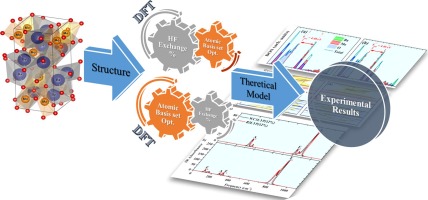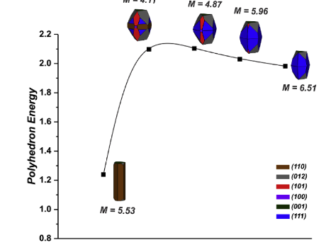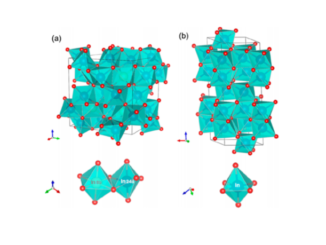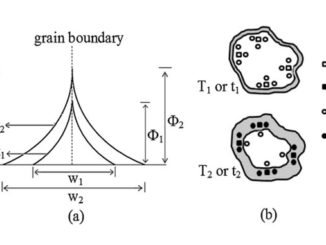
Abstract: The density functional theory has become increasingly common as a methodology to explain the properties of crystalline materials because of the improvement in computational infrastructure and software development to perform such computational simulations. Although several studies have shown that the characteristics of certain classes of materials can be represented with great precision, it is still necessary to improve the methods and strategies in order to achieve more realistic computational modeling. In the present work, strategies are reported in a systematic way for the accurate representation of crystalline systems. The crystalline compound chosen for the study as a case test was BaMoO4, both because of its potential technological application and because of the low accuracy of the simulations previously reported in the literature. The computational models were carried out with the B3LYP and WC1LYP functionals selected from an initial set containing eight hybrid functionals in conjunction with an all-electron basis set. Two different strategies were applied for improving the description of the initial models, both involving atomic basis set optimization and Hartree-Fock exchange percentage adjustment. The results obtained with the two strategies show a precision of structural parameters, band gap energy, and vibrational properties never before presented in theoretical studies of BaMoO4. Finally, a flowchart of good calculation practices is elaborated. This can be of great value for the organization and conduction of calculations in new research.
Author(s): Eduardo O. Gomesa, Guilherme S.L. Fabris, Mateus M. Ferrer, Fabiana V. Motta, Mauricio R.D. Bomio, Juan Andres, Elson Longo & Julio R. Sambrano.
Computacional Materials Science
V. 170, 2019
PDF: Computational procedure to an accurate DFT simulation to solid state systems




